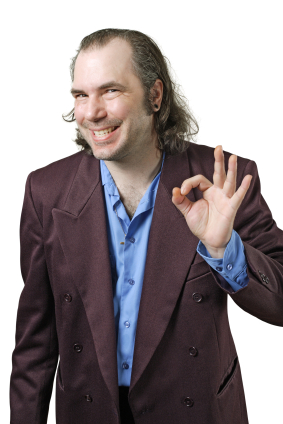In my last post here, I introduced Fred Reese and Jim Waterman, two oldtimers from my novel CANALS. In that post, we learn Fred is upset at how the country seems to be awash with rude people.
Here's another excerpt from CANALS, also featuring Jim and Fred. I've ignored some rules of good sentence structure in the final paragraph to change the pace of the narration, to let the reader known something might be about to happen:
“All volunteer personnel are to move fifty feet away from the canals immediately,” the radio clipped to Fred Reese’s belt said.Then:
Fred had another cigarette dangling from the corner of his mouth, and he held a fishing rod in his right hand, at least in his mind’s eye. He didn’t ordinarily smoke so much, but because he knew it really bothered Jim, he kept one going. He mostly just let them burn down; no need to inhale to get Jim’s goat.
He knew he’d have to remove the earplugs sooner or later, but right now later sounded better than sooner. He cast out with his imaginary rod.
Jim heard the radio crackle but was too far away to make out the words and too stubborn to cross the street to find out. “He’s wearing the damn thing, let him answer it.”
The light flickered again: Jim walked back to the battery, kicked it, walked back to the railing and heard the radio again, turned his head to yell at Fred and walked into the thin stand holding the light, knocking it over the railing. He reaches and catches the stand but a bolt pops off and the light falls and is dangling two feet above the water, held only by the wire attaching it to the battery. He grabs for the wire, hears glass breaking followed by a brief blinding flash, then everything is black but the yellow-orange circle of light in the center of his vision where the bursting bulb has seared his retinas. He swears and gropes for the wire.
Jim Waterman’s vision had just returned when he found the wire. He hesitated and considered letting the damn thing go. What, would they dock his pay?
Just then he felt something sharp prick his hand. He quickly jerked the hand up, looked and blinked, squeezing his eyes shut before reopening them: his hand wasn’t cut, it wasn’t there. Blood squirted from his wrist and arced into the canal.
He leaned over the railing to look for his hand; it would need to be reattached at the hospital.
Three black heads came out of the canal, their mouths agape, showing silver blades that glinted in the ambient light. One bit down over his head but did not decapitate him, the other two latched onto his shoulders: Jim Waterman was pulled him into the water before he could make a sound.
It doesn't end well for Jim. Oh well, that's what you get for having a minor part in a horror novel.
But back to the pacing. An editor or my high school English teacher would love to attack the last paragraph of the first excerpt. They'd add commas and break sentences up and get rid of most of the "and"s and ... Well, they'd muck with my pacing.
I think a fiction writer can ignore some of the basics of grammar to dictate pace, or even mood. In fiction what matters is, what effect does the writing have on the reader and are you entertaining or enlightening them? I don't seek to enlighten, I seek to entertain. I think I do that well.
Don't overdo it, though. If used too much it can tire the reader and/or lose its effectiveness.



